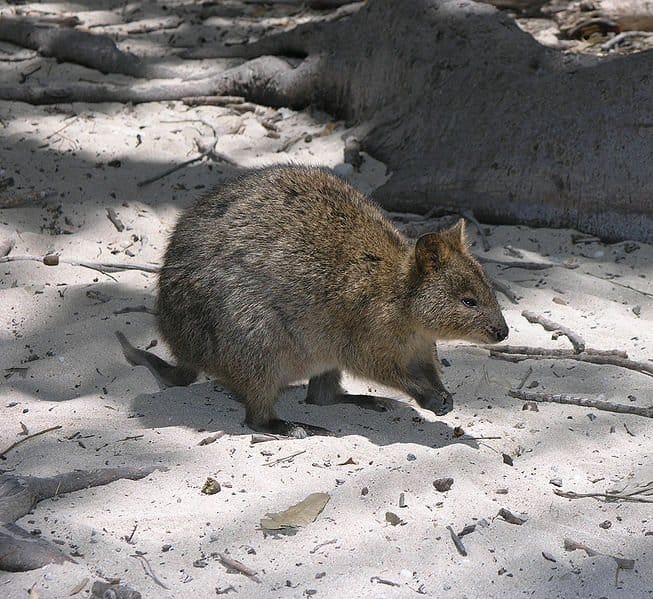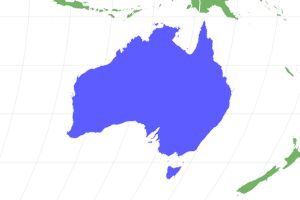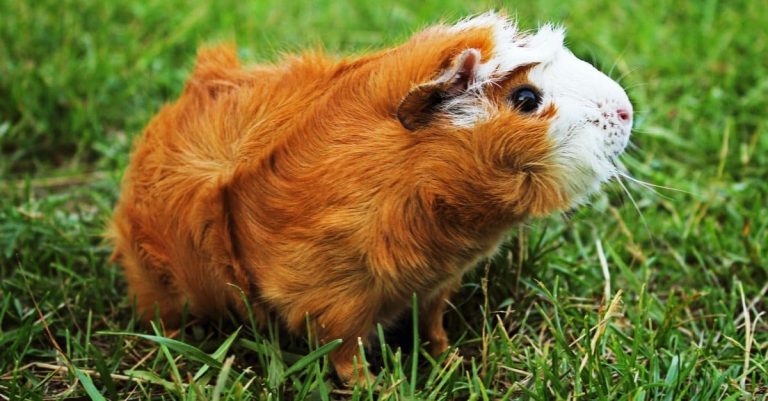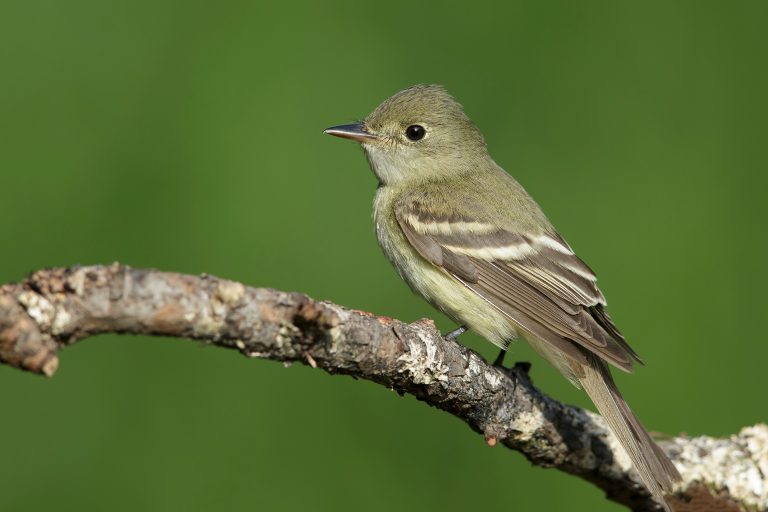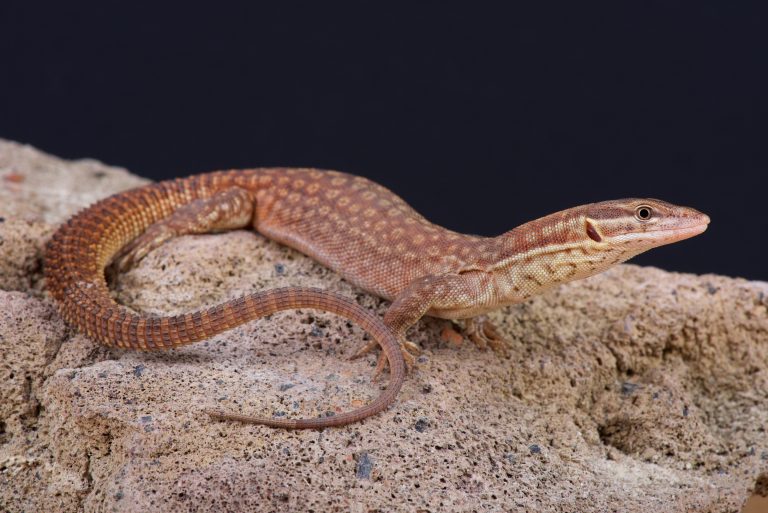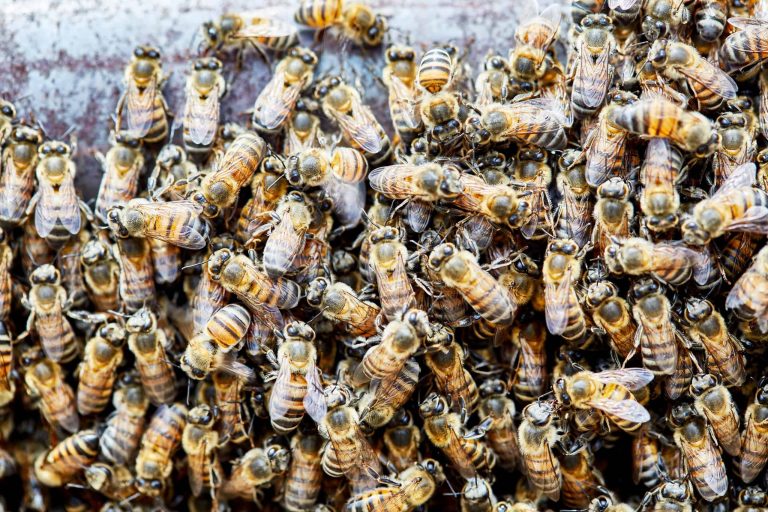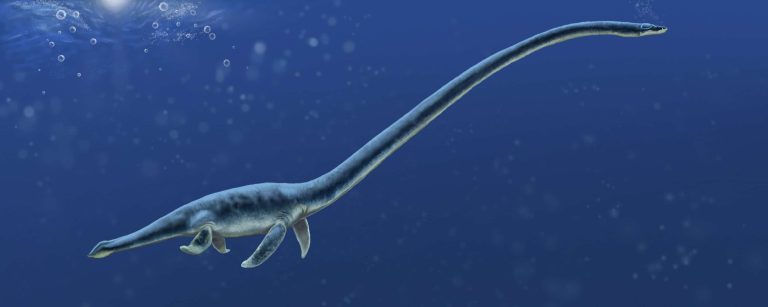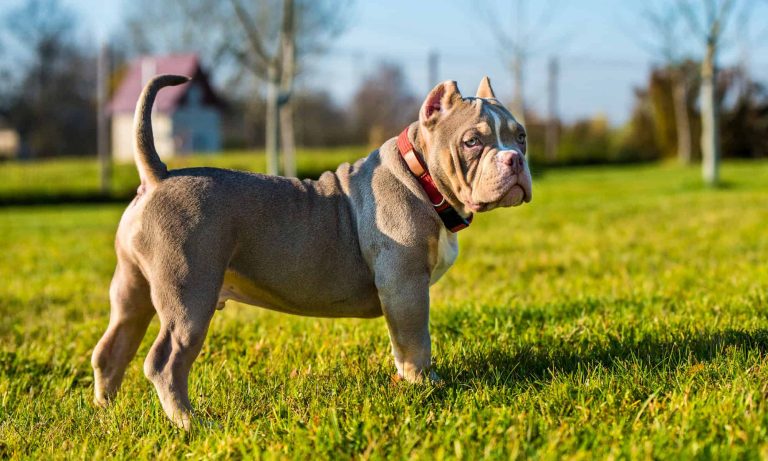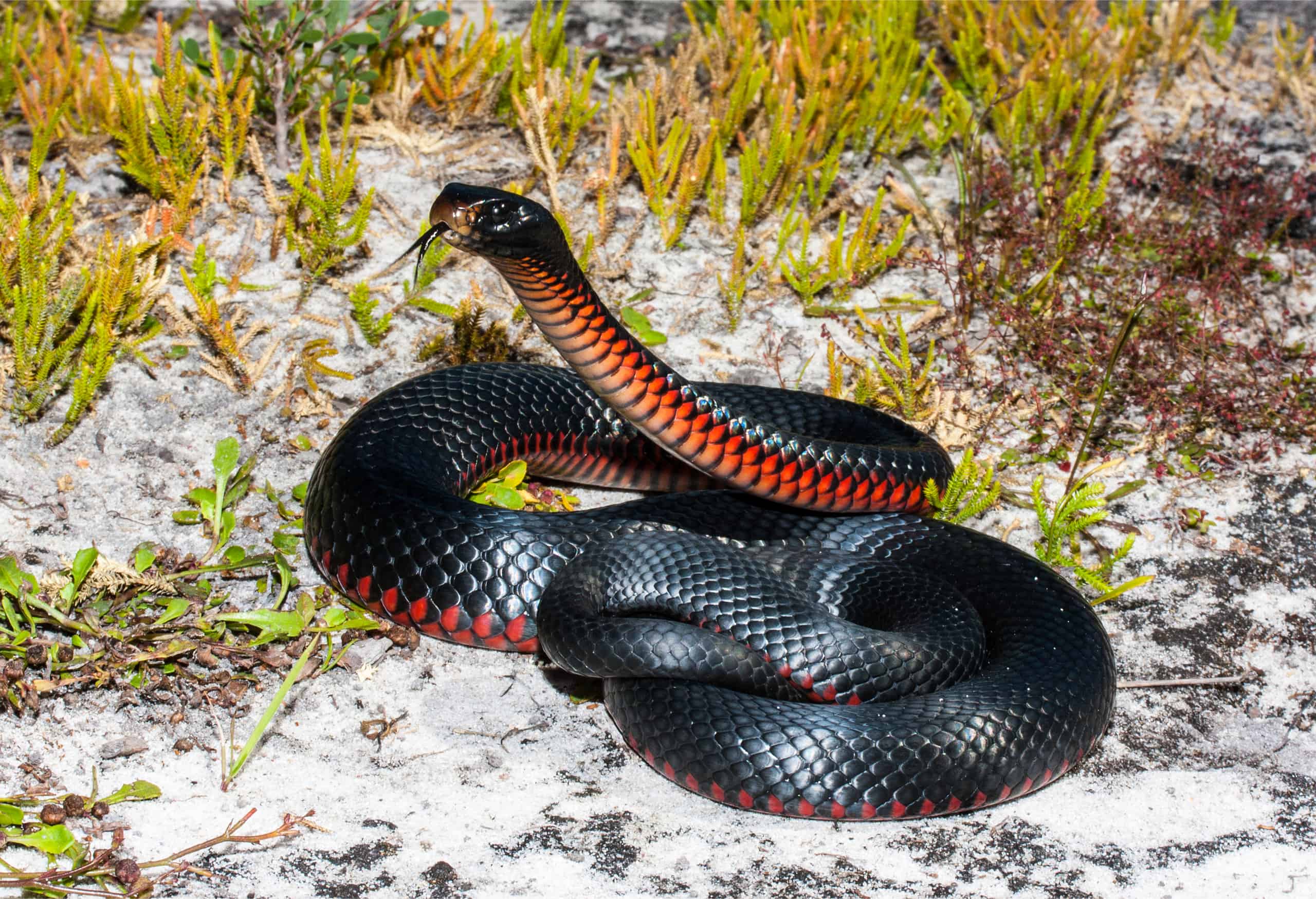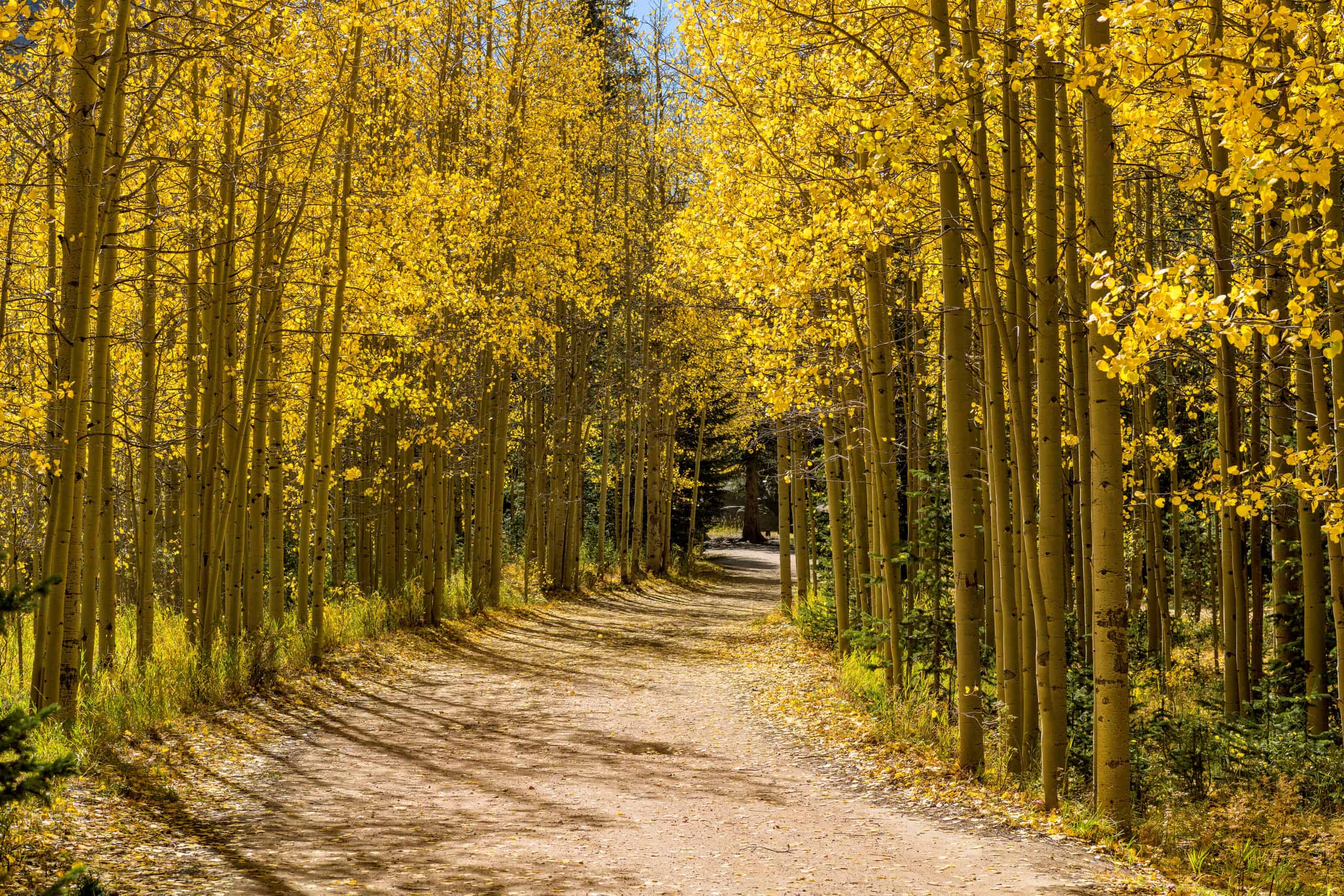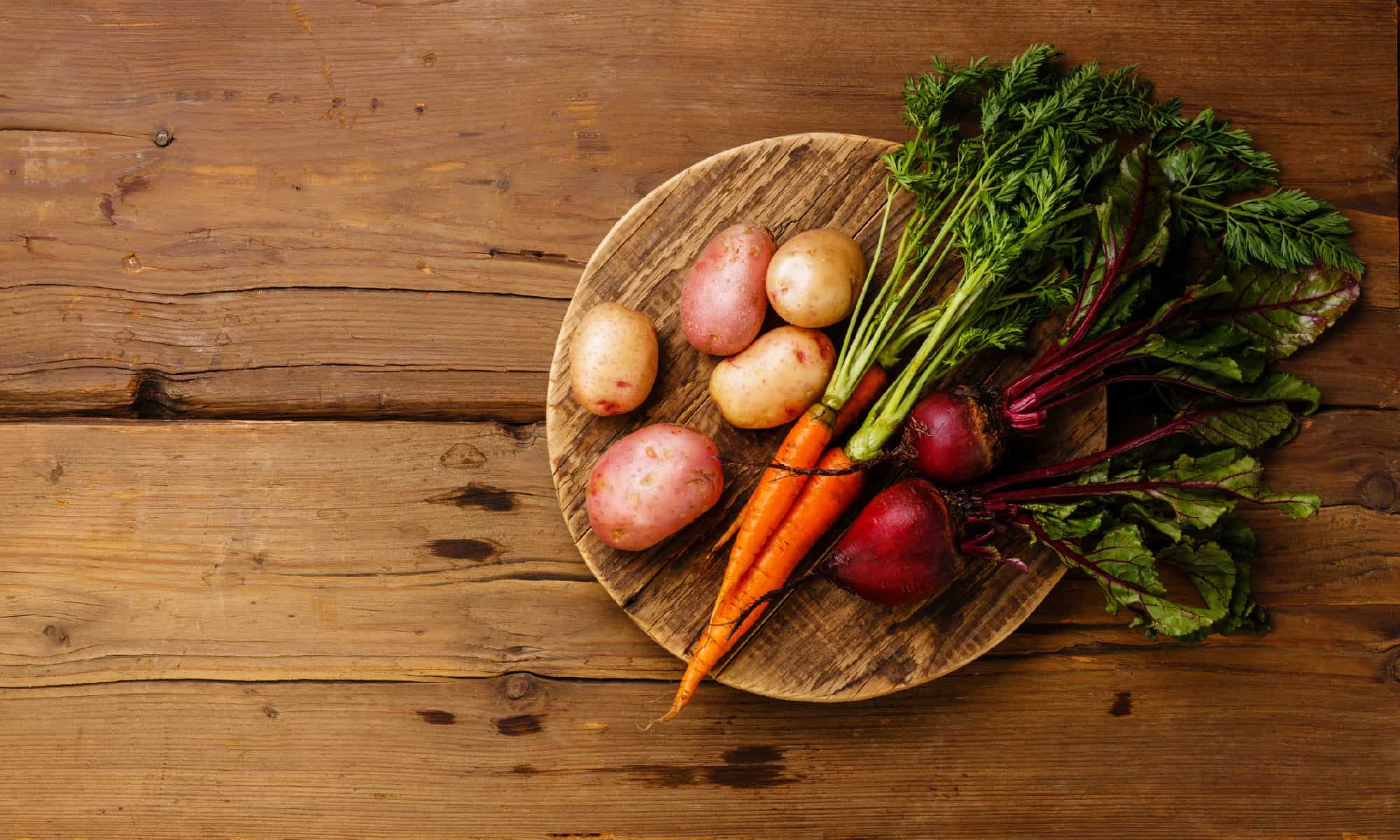Quokka Classification and Advancement
The Quokka is a little marsupial that is natively located partially of the south- west of Australia and on just 2 islands off the south- west coastline. The Quokka is among the tiniest Wallaby species on the planet, and many distinctly varies from various other Wallabies with their brief and hardly- furred tail and tiny back legs. Out of the about 50 recognized Kangaroo and Wallaby (and various other marsupial) species on the continent nevertheless, the Quokka is among 3 whose origins is still rather hazy today. The truth that the Quokka searches for food as opposed to just grazing makes it fairly various to various other species, yet regardless of all this, numerous concur that they are most very closely pertaining to the Rock Wallaby.
Quokka Composition and Appearance
The Quokka is a little species of Wallaby that has actually a rounded and portable body. Their back legs and tail are much shorter in contrast to those of numerous Wallaby species, yet permit the Quokka to jump with the thick greenery and high yards with enormous rate. The thick hair of the Quokka is rather crude and normally brownish or grey in colour, with red shades around the face and neck, and usually lighter in colour on the bottom. Together with its spherical body, the Quokka likewise has tiny and rounded ears, and a spherical nose that is tipped with a black nose. Unlike various other Wallaby species, the tail of the Quokka has little hair on it in all and they likewise do not require it to stabilize whilst they are jumping along.
Quokka Distribution and Environment
Historically, the Quokka was an animal that had fairly a large distribution and was as soon as located throughout the seaside areas of south- western Australia. Today nevertheless, the Quokka has actually been limited to 3 remote areas, just one of which is really on the Australian landmass. One of the most various populaces of Quokka are located on Rottnest Island and on neighbouring Bald Island, with a couple of separated teams likewise living in the bushland that borders the city of Perth on the landmass. In these island atmospheres, Quokka are most typically located in thick woodland, open forest and locations of scrub that are close to fresh water. Their liked environments are constantly near to water, and the Quokka can likewise be located along the sides of swamps.
Quokka Behaviour and Lifestyle
The Quokka is an extremely friendly and pleasant animal that populates southern- western Australia in tiny family teams, which are controlled by the males. In spite of this however, the Quokka is not recognized to be territorial with up 150 people recognized to have more than- washing residence varieties. Although they are recognized to share these environments quietly the majority of the moment, battles in between males are not uncommon, specifically on a warm day when they complete for the most protected places. The Quokka is a nighttime animal that invests the majority of the warm day, relaxing in the color of the trees and will certainly commonly go back to the very same place daily. During the night, the Quokka after that starts to search for food utilizing passages with the lengthy, yards to stir undetected.
Quokka Reproduction and Life Process
The reproducing period for the Quokka has a tendency to happen in the colder months in between January and March, when a solitary joey is birthed after a gestation duration of simply a month. Like all various other marsupial infants, the joey handles to creep right into its mom’s bag entirely unaided, when it after that connects itself to among the female’s teats. The Quokka infants nurse from their mom in the bag for around 6 months whilst they remain to establish. Currently, the joey arises for the very first time and starts to discover its environments yet continues to be near to the female, remaining to nurse on her milk for at the very least one more number of months. In bondage though, reproducing can happen all the time once the person is fully grown sufficient to mate at concerning a years of age.
Quokka Diet and Target
Like various other Wallaby species, the Quokka is a vegan, implying that its vegetarian diet is entirely included the bordering plant product. The Quokka is an animal that many typically feeds upon various yards that line that passages that they make with the thick greenery. They are likewise recognized to eat fallen leaves, and fruits and berries when they are offered. Although the Quokka primarily searches for food on the ground, they are likewise recognized to climb up concerning a meter approximately up right into the trees, and likewise ingest their food without eating it. The Quokka after that spits up the undigested product in the kind of a cud, which is likewise consumed. They have no requirement to consume large quantities of water and are claimed to be able to choose months without alcohol consumption in all.
Quokka Predators and Dangers
Prior to European homesteaders got to the seaside areas of south- west Australia, the Quokka populaces were prospering and prevailed throughout the location. With individuals nevertheless, came trained predators like Cats, Foxes and Dogs and their negotiations likewise brought in wilder animals consisting of Birds of Target and Dingoes. Because the intro of these predators to the Quokka’s environment, their population numbers have actually gone down significantly. They are likewise currently limited to tiny pockets of their all-natural environment on landmass Australia because of loss of environment to expanding Human negotiations, as the death of their daytime relaxing websites is believed to be connected to the decreasing population numbers.
Quokka Fascinating Realities and Attributes
Quokka family are most typically located in locations near to each other, where there is a suitable resource of fresh water. Despite the fact that they like these damp atmospheres nevertheless, Quokka’s are recognized to really collect the majority of their dampness from the greenery that they eat, implying that they can likewise be located in areas that are really fairly much from the closest river or stream. In spite of the noticeable distinctions in between the Quokka and various other Wallaby species, their tiny dimension has actually allowed them to end up being masters of the underwood. The Quokka produces passages that they utilize as paths with the thick greenery, which they are after that able to jump very quick along when endangered by a killer.
Quokka Connection with Humans
Considering That the 1930s, the Quokka populaces have actually been separated in 3 continuing to be locations (2 of which get on islands) due to the intro of internationalpredators The Red Fox that concerned Australia with European inhabitants has really created one of the most harm to this ground- home marsupial, as they were consumed on both the landmass and on the islands that the Quokka populated along the south- west coastline. Currently nevertheless, the Quokka populaces on Rottnest Island particularly, bring in various travelers each year and although the Quokka are extremely pleasant in the direction of these individuals, foods like biscuits that are fed to them, commonly disturb their bellies.
Quokka Conservation Status and Life Today
Today, the Quokka has actually been provided by the IUCN on their Red Listing as an animal that is Vulnerable in its surrounding setting. The greatest populaces are today located on Rottnest Island, in addition to Bald Island, where they are believed to be gladly maintained because of the absence of Red Foxes. There are nevertheless, currently worries over the Rottnest Island population because of raising growth on the island, primarily for entertainment functions.

